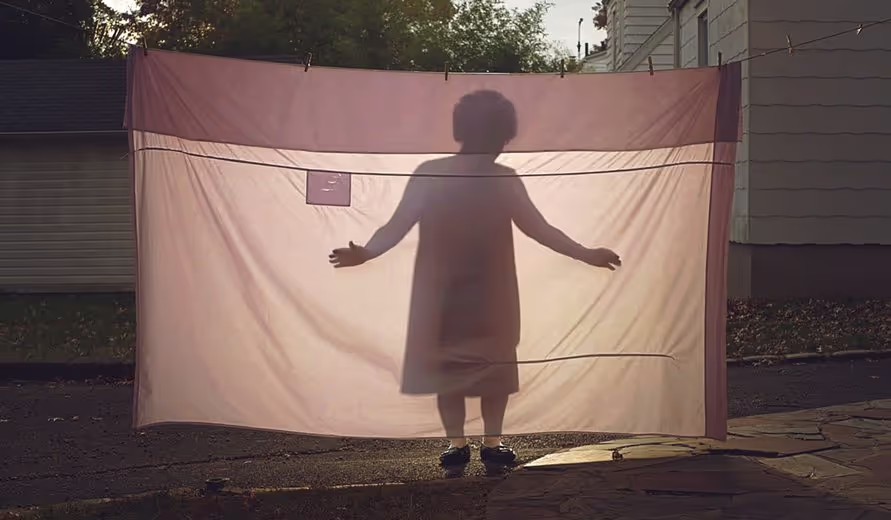Reconstructing a Culture from Artifacts Left Behind Extentions/Adaptions
Extentions/Adaptions

Research how to conduct oral history interviews and video tape oral histories of family or elders in your community. Create a screening event to share the stories you gather.
Compare and contrast the filmmakers’ “excavation” of their grandmother’s home with rituals surrounding death, burial, and grieving in other cultures.
Study the post-WWII years in the U.S. What happened to cities like Newark, NJ? How might the Ontell house compare to the home of an African-American, Southern, rural, West Coast, Japanese, or Latinx family in the same time period? Which artifacts would they share and which would be different?
Examine the history texts used in your school district and ask: Do they present the “great man” theory of history (that focuses on the accomplishments of individual leaders and the impact of select events) or do they also include social history based on the stories and day-to-day lives of everyday people? What are the advantages and disadvantages of each approach?
